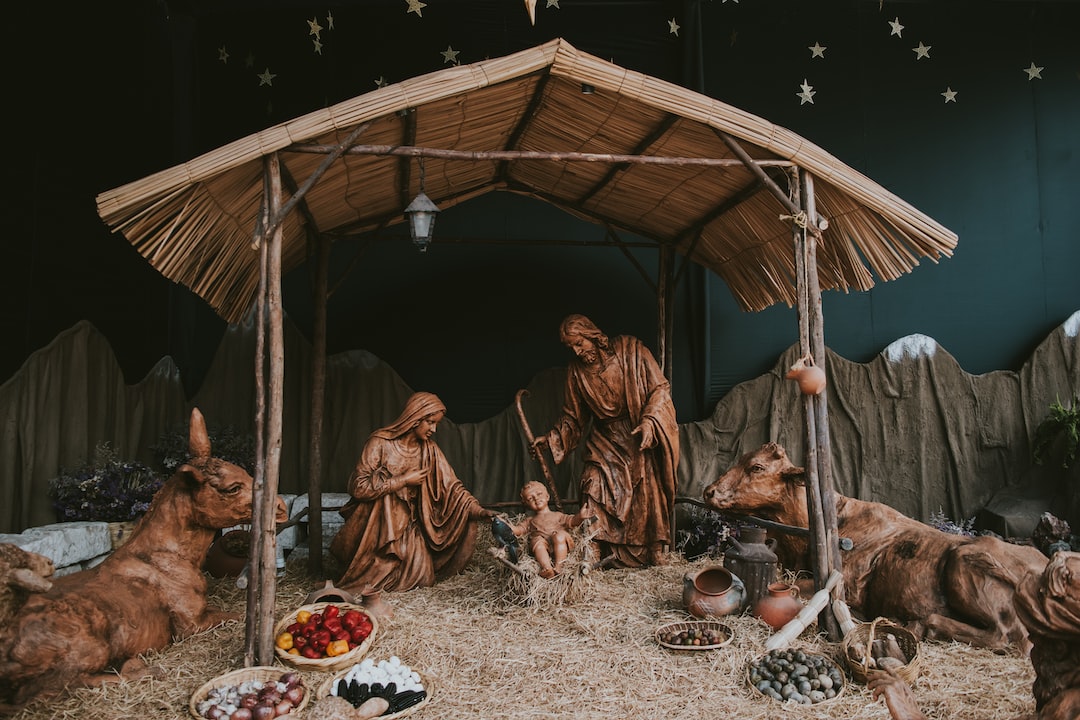Religion and Science: Exploring the Relationship between Faith and Reason
Throughout history, the relationship between religion and science has been a topic of great debate. Some argue that these two realms are incompatible, with religion relying on faith and science depending on reason. However, a closer examination reveals a more complex relationship, where both religion and science can coexist and offer unique perspectives on the world. In this blog post, we will explore the interplay between faith and reason, and how they contribute to our understanding of the universe.
At its core, religion is a belief system that seeks to explain the purpose and meaning of life. It often relies on spiritual experiences and sacred texts as sources of authority. On the other hand, science is a systematic study of the natural world, utilizing observation, experimentation, and logic to understand how things work. These two disciplines may seem diametrically opposed but, in reality, they can complement each other.
One way in which religion and science can converge is through the quest for truth. Both religion and science share a common goal of seeking knowledge and understanding. While religion may rely on revelation and divine guidance, science seeks to unravel the mysteries of the universe through empirical evidence. The pursuit of truth often requires a willingness to challenge preconceived notions and explore the unknown, regardless of the method employed.
Science, with its emphasis on reason, can also help provide a framework for understanding religious beliefs. For instance, scientific discoveries can shed light on seemingly miraculous events described in religious texts. The understanding of natural phenomena, such as the movement of celestial bodies or the formation of life, can deepen our appreciation for the wonders described in religious narratives. Moreover, scientific advancements, such as the discovery of the vastness of the cosmos, can evoke a sense of awe and wonder, reminiscent of religious experiences.
Furthermore, religion and science can offer different perspectives on the same questions. Religion often addresses questions of purpose, morality, and the existence of a higher power. Science, on the other hand, delves into the mechanics of the natural world and seeks to explain phenomena through observable patterns and laws. Both approaches serve as valuable tools in grappling with the complexity of the human experience and our place in the universe.
It is essential to recognize that religion and science operate in separate domains. Religion deals with matters of faith, meaning, and spiritual fulfillment, while science focuses on understanding the physical world. By acknowledging the distinct roles that religion and science play, we can navigate the relationship between the two more effectively.
However, conflicts do arise when the boundaries of religion and science are blurred. These conflicts often arise when religious dogma is treated as scientific fact or when scientific discoveries are used to challenge religious beliefs. It is crucial to maintain intellectual integrity by recognizing the limitations and scope of each discipline. In doing so, we can foster a more harmonious dialogue between religious and scientific communities.
In recent years, prominent scholars and theologians have sought to bridge the gap between religion and science through various approaches. One such approach is the compatibility thesis, which posits that religion and science are mutually supportive. Proponents of this view argue that both faith and reason are essential aspects of human nature, each offering a unique way to understand and interpret the world.
Others advocate for the complementarity thesis, suggesting that religion and science provide different answers to different questions. They argue that religion addresses existential and moral aspects of human life, while science focuses on empirical knowledge. By embracing both perspectives, individuals can benefit from a more comprehensive understanding of the world, enriched by both reason and faith.
In conclusion, the relationship between religion and science is complex and multifaceted. Although they may appear contradictory at first glance, religion and science can coexist and even complement each other in our quest for knowledge and understanding. By recognizing their distinct roles and limitations, we can navigate the intersection of faith and reason in a way that promotes intellectual dialogue and personal growth. Ultimately, the partnership between religion and science invites us to explore the world through both empirical and spiritual lenses, deepening our appreciation for the wonders of the universe.

